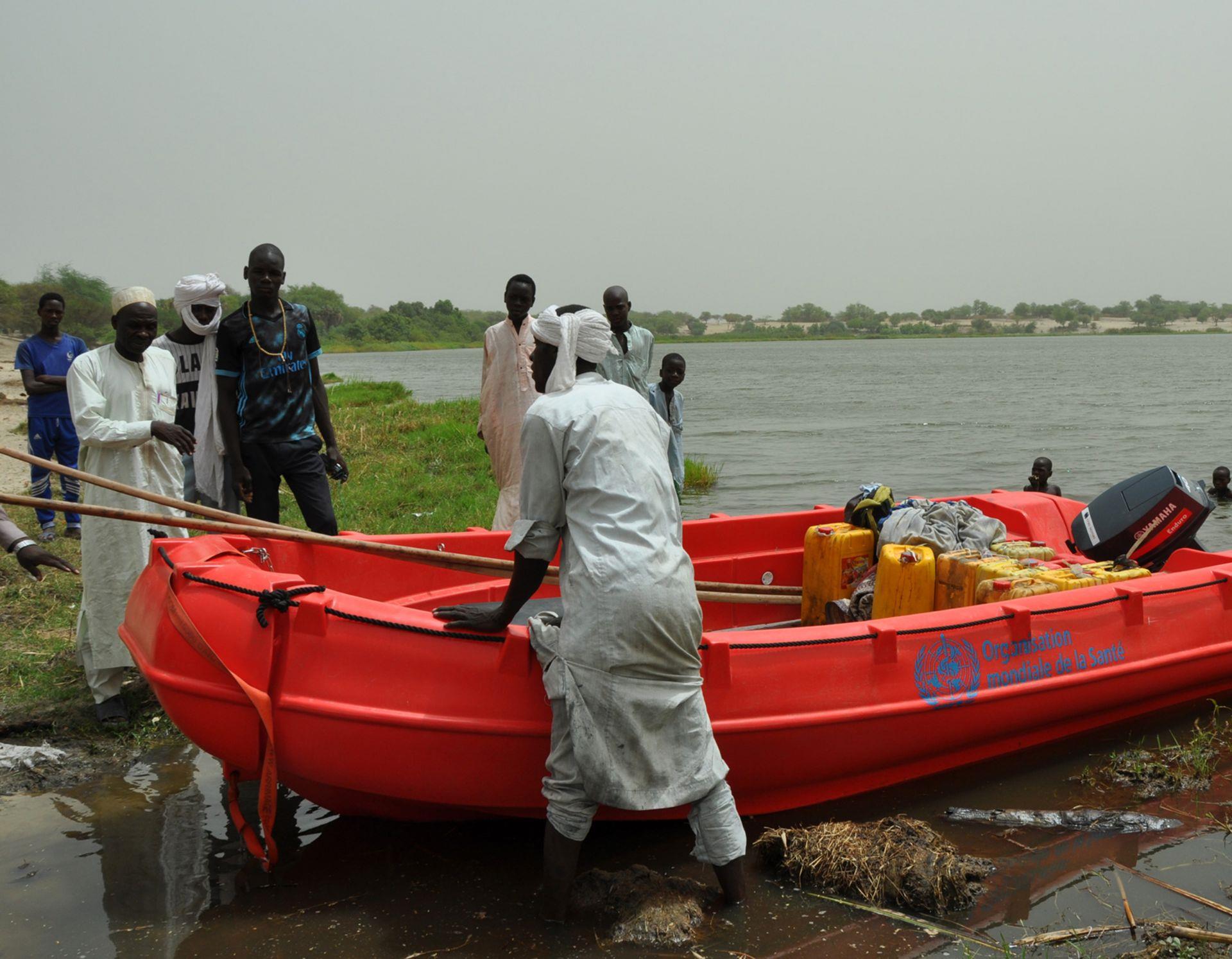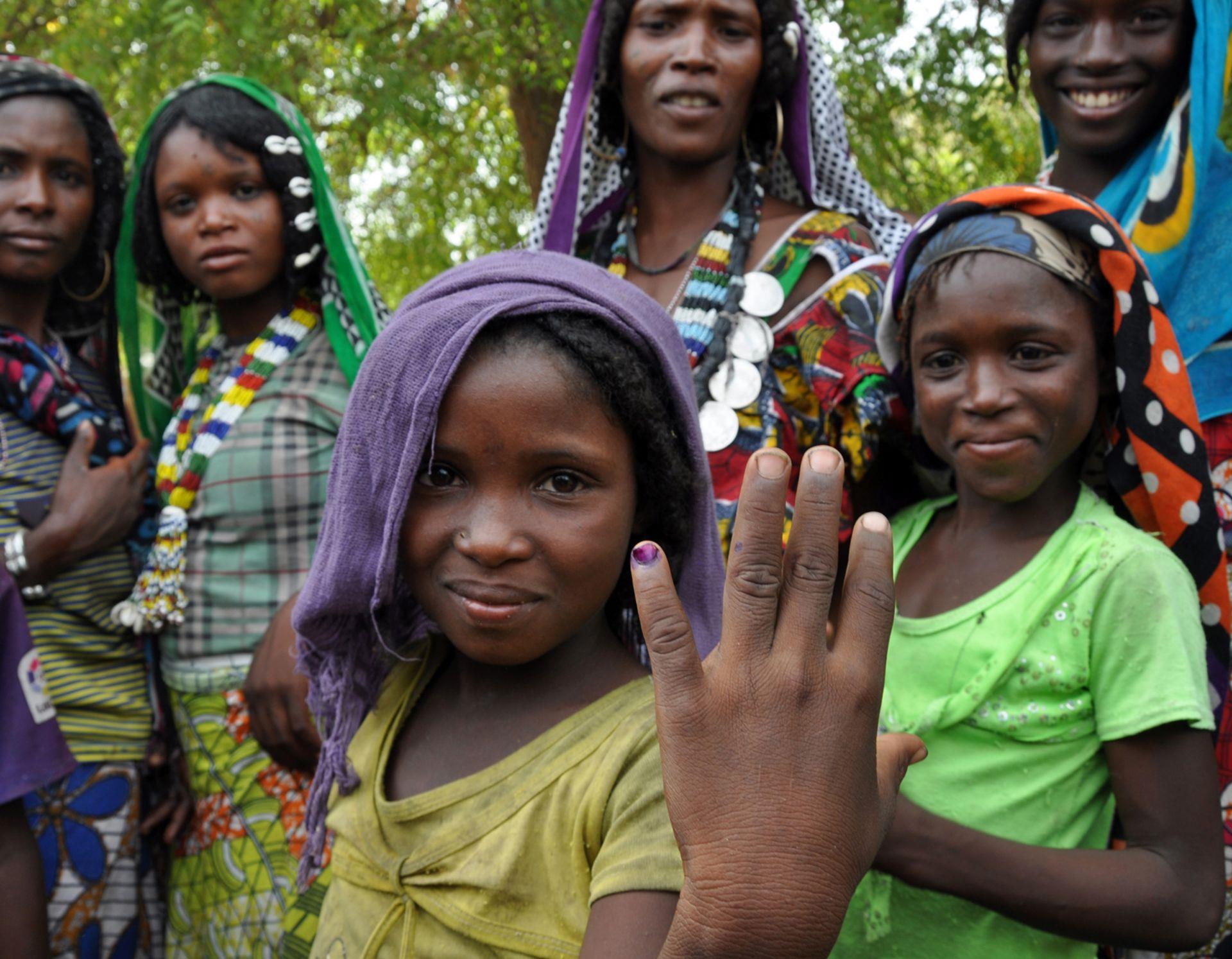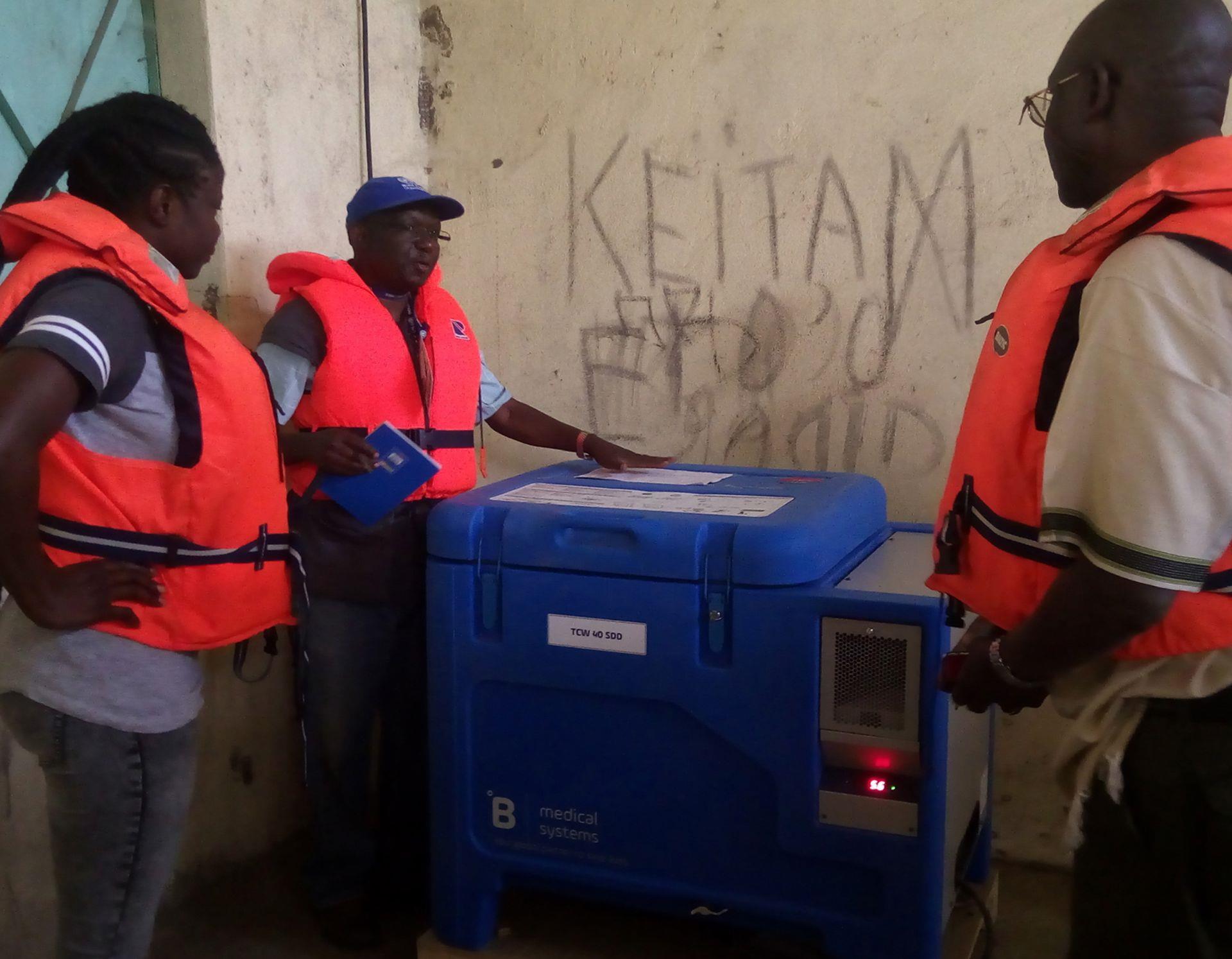The innovations making a difference to outbreak response.
Nigeria is one of only three countries in the world with ongoing wild poliovirus transmission, alongside Afghanistan and Pakistan.
Rotary is a part of the Global Polio Eradication Initiative, which is focused on strengthening surveillance to find and respond to the virus, wherever it emerges, and closing immunity gaps to protect the population and stop the virus from circulating. The programme is also committed to advocating for sustained political commitment and ensuring necessary financial resources and technical support for polio eradication at all levels.
Nigeria is one of only three countries in the world with ongoing wild poliovirus transmission, alongside Afghanistan and Pakistan.
Rotary is a part of the Global Polio Eradication Initiative, which is focused on strengthening surveillance to find and respond to the virus, wherever it emerges, and closing immunity gaps to protect the population and stop the virus from circulating. The programme is also committed to advocating for sustained political commitment and ensuring necessary financial resources and technical support for polio eradication at all levels.
Long distances, an ever-changing environment and minimal infrastructure are only a few of the barriers that the Lake Chad Task Team faces as they conduct polio vaccination and surveillance activities in response to wild poliovirus detected in Nigeria in 2016. Overcoming these hurdles isn’t easy, but innovations ranging from geographical information systems (GIS) technology to boat-side vaccination are going far to ensure that every child is reached with lifesaving vaccines.
.jpg)
Traveling via speedboat reduces the time it takes to reach the islands from days to hours. The team has invested in vessels dedicated for polio eradication activities, freeing them to travel at a moment’s notice to investigate a case of acute flaccid paralysis or deliver vaccines. These stable, tough boats are specially chosen for long distance journeys.

Arriving on an island, the team supervises the activities of community-based vaccinators, ensuring that every child receives two drops of polio vaccine and that their finger is stained purple to distinguish from those children not vaccinated. Vaccination activities happen in markets, villages, and nomadic settlements. Recruiting women and men to work in their local communities increases vaccine trust and acceptance. This is one of the key lessons learned over the course of the global polio eradication program.

As temperatures soar, it’s critical that the polio vaccine is kept cool, which is an immense challenge in places where there is little or no electricity. A game changer for the team has been the introduction of dedicated vaccine refrigerators, some solar powered, painstakingly transported and installed on several island villages. This means that vaccines can be kept cold, reducing the amount that must be transported by the team for each campaign, and limiting vaccine waste.
